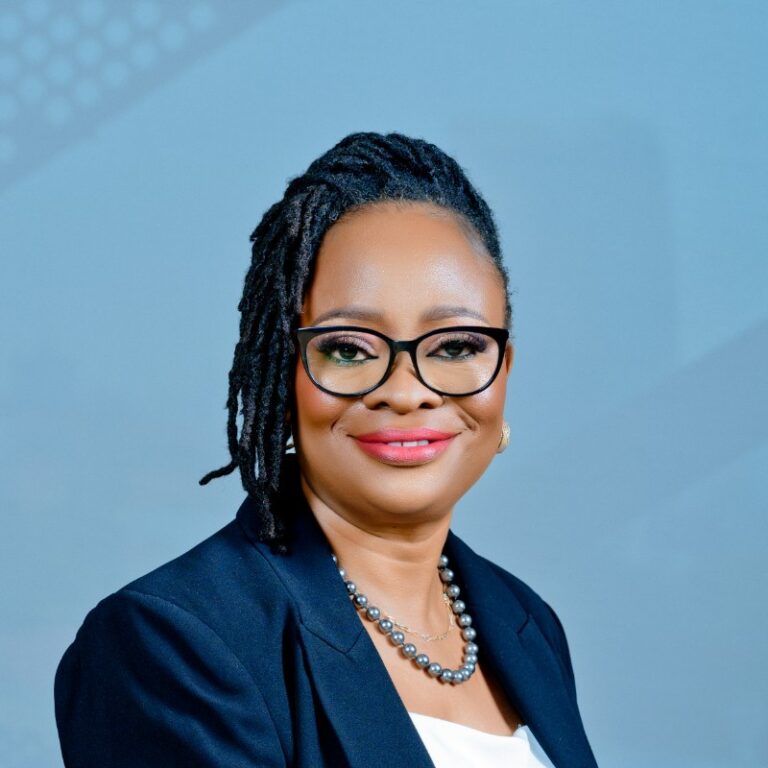Artificial intelligence is poised to play a transformative role in Nigeria’s economic future, potentially contributing up to $58 billion to the nation’s GDP by 2030, according to Microsoft’s regional head, Ola Williams.
In a recent analysis, Williams, who leads Microsoft operations in Nigeria and Ghana, said Nigeria is uniquely positioned to harness nearly half of the $136 billion in AI-driven economic value projected for Sub-Saharan Africa over the next decade.
Learning from the Mobile Money Boom
Drawing parallels to Nigeria’s rapid rise in mobile money adoption, Williams argued that AI can similarly reshape the country’s economic landscape—if guided by the right policies and strategic investments.
“Nigeria led West Africa in mobile money growth in 2023, accounting for more than one-third of new users,” she noted. “This shows how locally tailored solutions, supported by smart regulation and solid infrastructure, can create powerful economic outcomes.”
Unlocking a New Industrial Era
Williams described artificial intelligence as a general-purpose innovation—on par with transformative technologies like electricity and the internet—that has the potential to fuel industrial renewal across sectors.
However, she emphasized that innovation alone is not enough. To realize AI’s full potential, Nigeria must focus on widespread integration, not just within tech and finance, but in agriculture, education, manufacturing, and public health.
Regulation and Infrastructure Are Key
The Microsoft MD praised Nigeria’s regulatory approach to mobile money and urged similar foresight in AI governance. She stressed the importance of clear legal frameworks, public trust, and deep sector expertise to create a stable environment for AI to flourish.
Equally vital is infrastructure. Williams cited telecom advancements as the backbone of mobile finance and called for ambitious investments in digital infrastructure to power AI adoption nationwide.
Local Innovation Already Underway
Some Nigerian companies are already applying AI to local challenges. Fintech firm WallX uses AI tools to provide credit access to underserved populations, while Access Holdings has rolled out Microsoft’s Copilot to streamline internal operations and improve productivity.
Williams concluded by challenging Nigeria to move beyond being just an end user of AI. She called on the country to position itself as a global hub for AI solutions, capable of exporting homegrown technologies that solve real-world problems.
“AI is a once-in-a-generation opportunity,” she said. “If we act boldly and inclusively, it can drive sustainable growth and help place Nigeria at the forefront of the global digital economy.”

